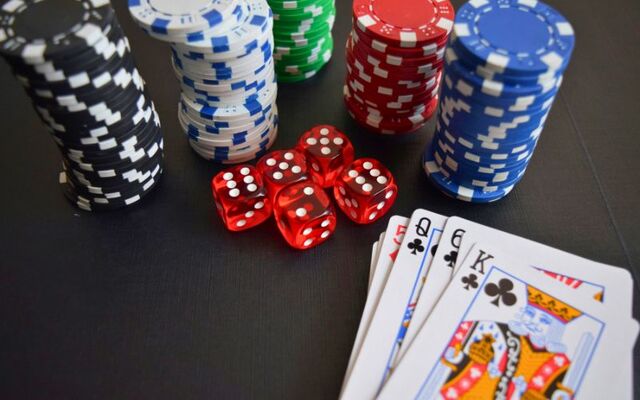Card tables have always had a certain pull. The flick of a dealer’s wrist, the sound of chips sliding across felt, that collective inhale before the roulette ball drops. Online, that same charge has found new life. Irish players aren’t just spinning reels anymore; they’re pulling up virtual chairs to blackjack, baccarat, roulette, craps, and poker tables that look and feel uncannily real.
Table games online, especially live dealer ones, replicate much of what people like about going to a physical casino: seeing real cards dealt, interacting with dealers, observing other players, sometimes having chats, even watching others’ bets. That’s part of why online social casino features are now being woven in—to mimic the vibe of being with others, even if you’re physically alone at home or on your phone.
This social aspect satisfies a psychological need. Having people around, being part of something communal—watching a dealer call “no more bets,” hearing chips clink, even seeing reactions—adds tension, suspense, fun. For many Irish players who might have visited casinos in Dublin or abroad, there’s something familiar in that “room-energy.”
Good odds, and skill matters
A big reason table games are popular is that many of them offer relatively low “house edge” — meaning the built-in casino advantage is smaller. For players who want the chance to influence outcome with decisions, that makes a difference.
Some examples:
- Blackjack under good rules offers a house edge as low as ≈ 0.5 % when basic strategy is used.
- Baccarat (banker bet) can have house edge around 1.06 %.
- European roulette has a house edge of about 2.70 % versus American roulette being worse (because of double zero).
So players who are a bit more thoughtful (not just hoping for luck) can feel like they’re getting value. For many Irish users, this makes these games more satisfying long-term than slots, which tend to have higher house edge and less skill involvement.
Variety, familiarity & culture
There’s also the matter of variety. Table games come in many variants. That means different rule sets, side bets, speed versions, live dealer versions. This gives players choice depending on how much risk, speed, or complexity they prefer.
Familiarity helps too. Irish players are used to poker, card games, betting etc. The allure isn’t just winning money; it’s the ritual, the game-structure, the story of a round (“Will I double down?”, “Should I stand?”, “Will the roulette wheel land on red?”). That narrative element appeals.
Tech & access have changed the game
Mobile devices, fast internet, HD streaming mean live dealer table games are now much more accessible. You don’t need to travel to a casino; you can join a live blackjack or roulette table from your phone, with good video, real dealers, even seeing cards live.
Also, online casinos tend to provide flexible betting limits. You can play very low stakes or high stakes depending on appetite. That means table games aren’t just for high-rollers; casual players can join in without risking much.
Pressure, risk, and regulations
One less often discussed reason: table games often feel more “controlled” or “fairer” to some players. Because rules are transparent, because mistakes are possible (and often penalised), many players believe (rightly) that skill / decision can have an impact. Regulation in Ireland increasingly demands transparency (house edge disclosure, fair rules, licences), which boosts trust.
At the same time, table games deliver more tension: the decision points add risk, strategy, possibility of loss or win in a few moves. That makes them compelling entertainment.
The tension of control vs chance
Balancing chance and skill is part of the thrill. Games like blackjack allow decisions that influence outcomes; baccarat and roulette less so (though choice of bet matters). Some players like feeling they have some control; others enjoy just watching chance spin. Table games offer both: a structured frame where decisions matter but luck still has a major role.
Remember the final table in a big poker tournament on TV (like World Series of Poker)? When someone goes “all in,” everyone watches, tension builds, people lean forward. Even viewers know the risk, the psychology, the stakes. That same sense gets recreated in online table games. Irish players, familiar with sports betting and competitive games, get drawn to that moment: it’s not just about money, it’s about being in the moment.
Why table games hold their own
If the reasons why table games are popular aren't apparent to you yet, let's do a quick recap:
- They offer social engagement and that “real casino” feel even in a digital space.
- Skill and decision matter; for many players, that adds satisfaction.
- The odds can be better (lower house edge) than many slots or random games.
- Variety allows players to pick complexity, speed, stakes.
- Technology and regulation have improved trust, access, transparency.
Table games aren’t just “another type of casino game” — they occupy a sweet space between entertainment, risk, strategy, and social connection. For Irish online casino players, that makes them highly appealing.




Comments